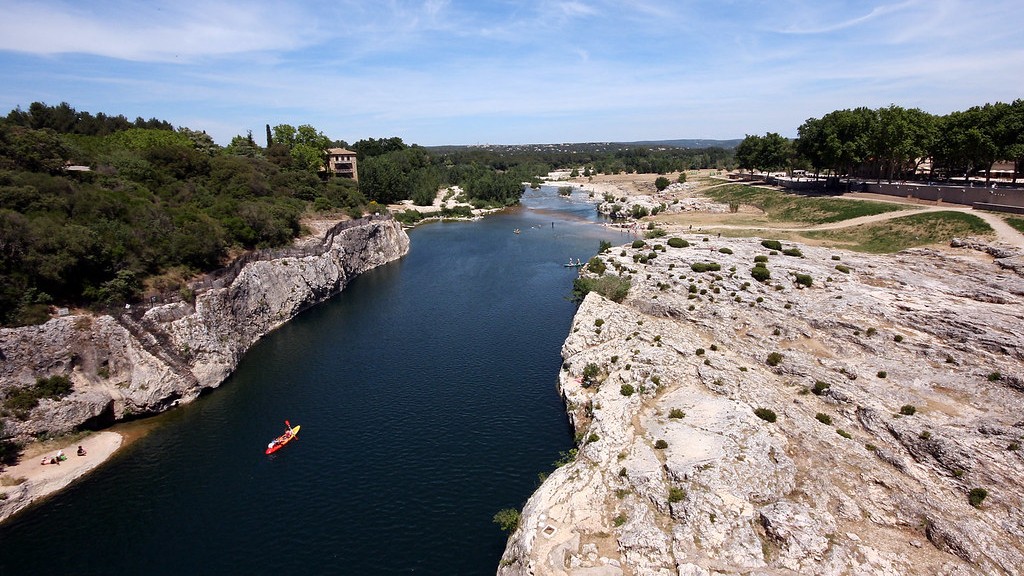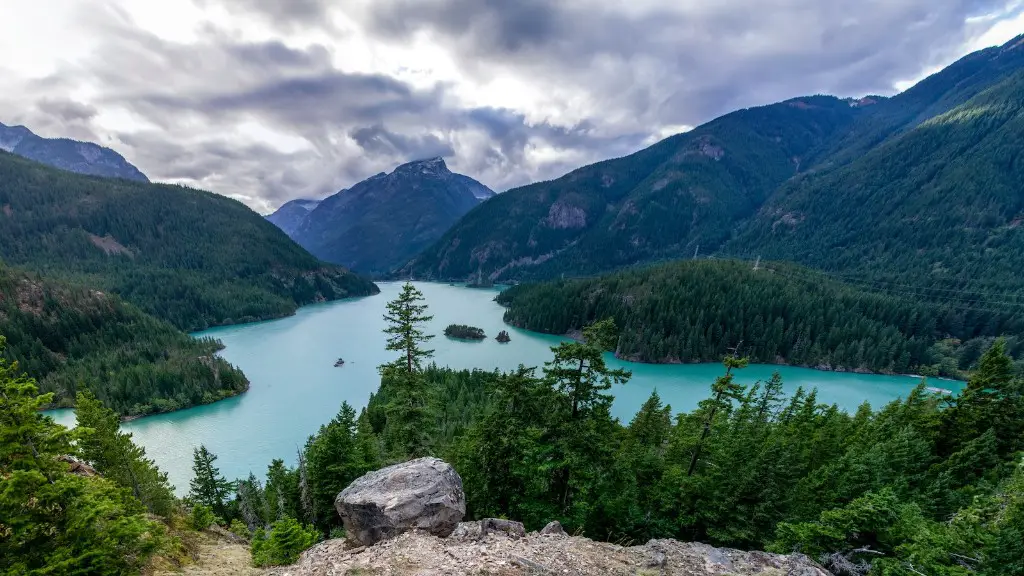Mississippi River is the second largest river in North America and the primary river of the largest drainage system in the continent. It flows southward through 10 US states and its length is 3,202 miles. The river has a rich history spanning centuries, making it an iconic element in the American cultural and social fabric. However, the river is currently facing a wide range of challenges, from human-caused ecological disruption to climate change. In this article, we will examine the environmental, economic, and political issues affecting the Mississippi River.
The Mississippi River runs through the center of America, playing an integral role in the region’s environment, economy and daily life. Unfortunately, it has also come under pressure from various sources. In the last decade, the river has suffered from human-caused ecological degradation, impact by invasive species, and contamination by pollutants. The greatest issue is the disruption of habitat that the river imposes on animals and plants, including reptiles, amphibians, and aquatic species. These changes have caused significant disruptions in the entire ecosystem of the Mississippi, resulting in a severe loss of biodiversity.
The river is also interwoven with economic, political and social problems. The river carries an incredible amount of oil, natural gas and other products, resulting in an increasing number of barges, ships and other cargo vessels navigating the Mississippi. These vessels can cause dangerous collisions, oil spills, and disruption of fish and wildlife migration patterns, resulting in a loss of valuable resources. In addition, cities and towns along the river have become heavily industrialized, impacting the quality and health of the waterway.
The Mississippi River is also faced with the effects of climate change. While its size and complexity mean that it can withstand many disasters, increasing temperatures and rising sea levels threaten the integrity of the waterway. Additionally, changing rainfall patterns, which affect water levels, can cause navigation problems and can potentially lead to more soil erosion. These impacts can have significant economic repercussions, from impacting agricultural output to disrupting industrial operations along the watershed.
The issue of the Mississippi River is of great significance for both people and wildlife. For hundreds of years, the river has been a vital source of drinking water and a source of food for various species. In addition, its large size also serves as a buffer to protect cities and towns from flooding. To protect this valuable natural resource, it is essential that we take steps to reduce the human impact on the river and mitigate the effects of climate change.
In recent years, there have been some positive changes in the management of the Mississippi River. The US Army Corps of Engineers has implemented a comprehensive plan to ensure the protection of the river and its habitats. This includes efforts to reduce pollution, improve water quality, and restore aquatic life. However, much more needs to be done to ensure the long-term health of the river.
Government Policies
To ensure the sustainability of the Mississippi, the national and state governments must create policies that protect and restore the river. This includes laws that protect against pollution and require cities and industries to follow strict regulations for dealing with waste. Additionally, funding for monitoring, research, and conservation of the river and its biodiversity should be increased. Finally, comprehensive land use policies should be in place to ensure that development does not take place in areas that could lead to significant degradation and disruption of the river.
Education Programs
For long-term sustainability and protection of the Mississippi River, public education and awareness are essential and need to be increased. This includes creating education programs for citizens and landowners, to better understand the impacts of their development decisions, as well as programs to educate industry on the proper management of their waste. These education initiatives should focus on how to maintain and restore the Mississippi River and its habitats.
Role of Local Communities
Local communities play an important role in protecting and restoring the Mississippi River. From emerging conservation efforts and sustainable practices to organizing waterway cleanups and monitoring programs, people across the Mississippi watershed are working to protect this vital natural resource and its wildlife. In addition, local citizens have formed various grassroots organizations to raise awareness of the river’s plight, emphasizing that the lives and livelihoods of people depend on the river’s health and sustainability.
Economic Impact
It is clear that the Mississippi River has an enormous economic and environmental impact. The river brings in billions of dollars in tourism, recreation, and other activities and is integral to the economies of states such as Tennessee and Louisiana. In addition, it supports the water supplies of cities and towns across the region, providing drinking water, irrigation water, and even electricity. To ensure the river’s long-term sustainability, it is important that the regional economy be strong and diversified.
Conclusion
The Mississippi River is an iconic natural resource and its health affects all Americans. Its cultural, economic and environmental significance is undisputed. To protect the health of this important waterway, governments, local communities, and industries must work together to reduce human impact, create sustainable practices, and promote increased public awareness and education. Only then will the river remain a vital source of food, recreation, and economic prosperity for generations to come.


